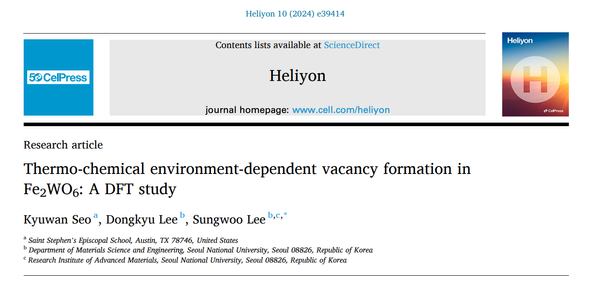Activeness and passiveness in Fahrenheit 451
By David Taehee Lee
The clash between activeness and passiveness is emphasized throughout the novel Fahrenheit 451. Montag seeks to effectively and adequately understand the books he reads by reaching out to Faber, but on the other hand, Mildred, even after attempting suicide, slides back to her everyday routine of watching TV (Bradbury 78, 17). Books help Montag’s self-directed actions in his attempts to become the subject of his own life, aiding him to think deeply and critically, whereas the TV shows Mildred fixed content at a set time, disabling her judgment, leaving her mind susceptible to external influence and leaving her out of control of her own life. While the TV engulfs Mildred in a state of insensitivity, Montag forms a mutually helpful relationship with books where books aid Montag in pursuing wisdom and Montag preserves the knowledge of books within.
Bradbury introduces another character who is quite the opposite of the passive Mildred: Clarisse says that she likes Montag, starts a conversation on the smell of cinnamon with ease, and joins in with Montag talking about various thoughts, while Mildred shows signs of uninterest as she says: “Books aren’t people. You read and I look around, but there isn’t anybody! …… my ‘family’ is people” (26, 27, 69). Clarisse casually reaches out to Montag to socialize and for company, whereas Mildred acts oblivious to Montag’s sincere invitation to reading books together, and considers the people in the television who Mildred “spends a lot of time together” like family. One does not forge human relationships out of anywhere, nor keep them solid without effort- input, sincerity, and consistency are vital, otherwise caring for oneself and refusing to communicate takes away opportunities to relate.
Bradbury brings relationships into a grander scale when Montag meets a group of people who assign their members a book to memorize and share; but in contrast, firemen burn without expressing any thought, simply taking orders from Beatty (144, 35). A society that demonstrates collective intelligence, encouraging its people to contribute according to ability and freedom has the potential to resolve rising social issues with teamwork and determination for a clear objective, whereas people in an oppressive environment tend to be less productive, not to mention a lack of individuality, passion, and self-conscientiousness. By illustrating how activeness and passiveness form a confrontation, Bradbury highlights that we, the people in the real world, must build up our world with active participation and encourage us to act out, make a difference, and make a genuine contribution to the world.
Work Cited
Bradbury, Ray. Fahrenheit 451. 1953. Simon & Schuster, 2018.


